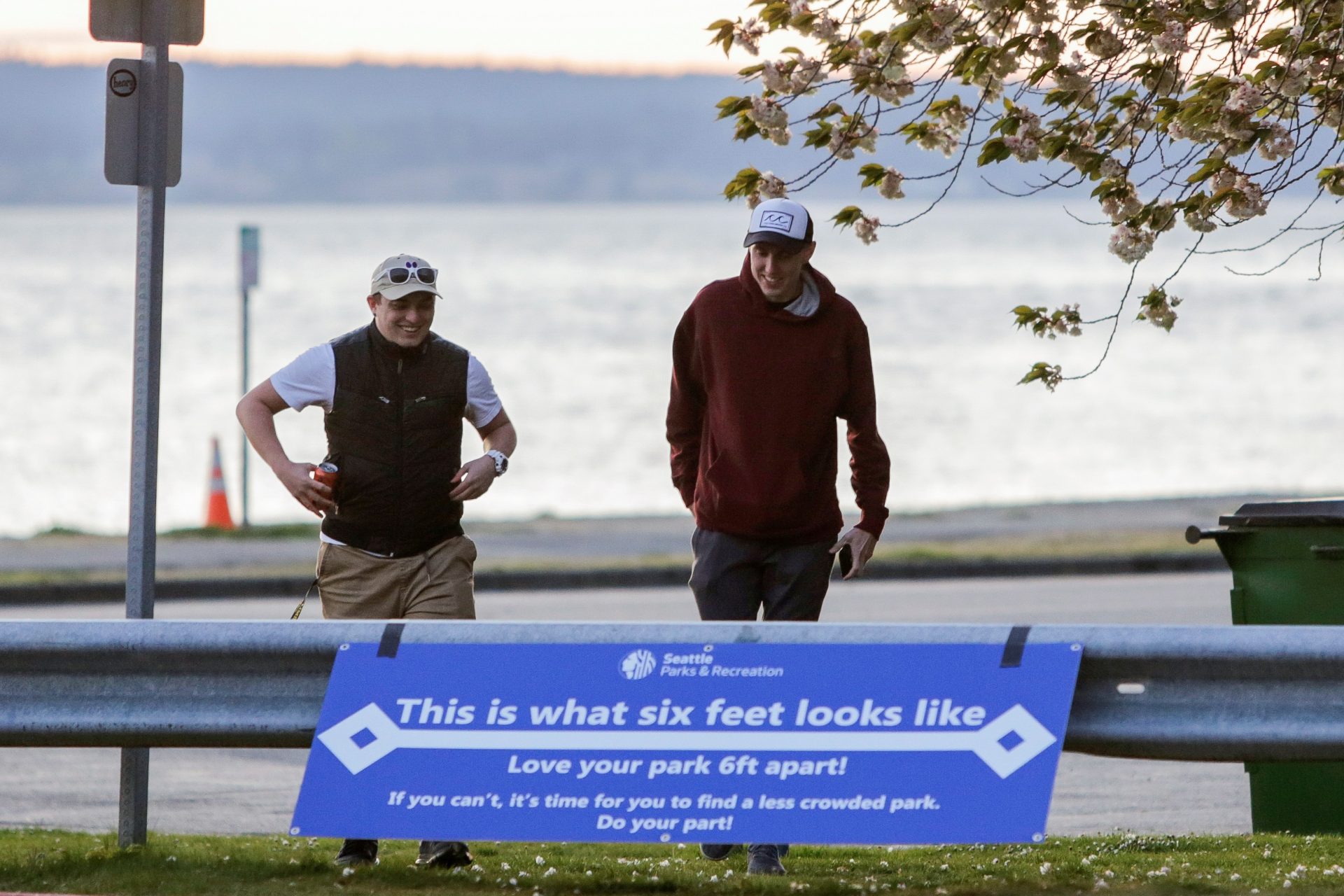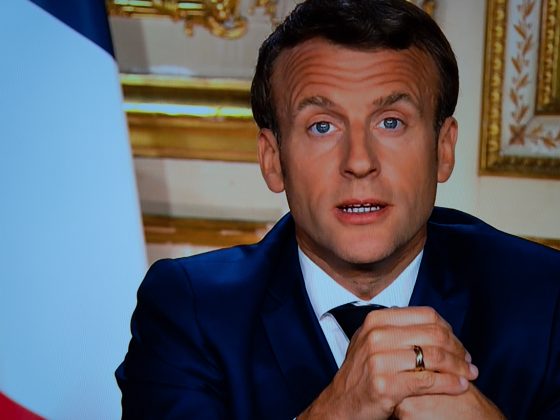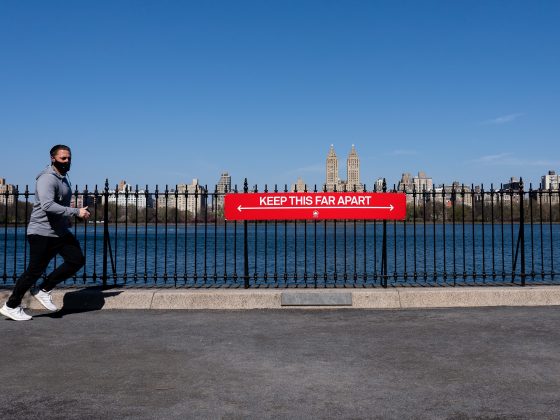We have not defeated the coronavirus. We know too little about how it works, how it’s transmitted, and what steps we can take to ease the lockdown without reigniting the outburst.
At the same time, we clearly need to restock on necessities such as food and other staples, so we cannot maintain a complete lockdown for much longer. It is a tough dilemma: Governments are trying to choose the least of all evils, but no option is good. As the lockdown eases, we the citizens should take extra caution since we are the ones who will pay the price.
The problem with the novel coronavirus is that its impact reaches far beyond the medical crisis it has created. It even reaches far beyond the economic meltdown it has imposed on an unsuspecting world.
“The virus is giving us just enough closeness to rebuild our connections, and do it properly, based on mutual care and mutual responsibility.”
The impact of the coronavirus is first and foremost social: It is untying the very fabric of society. The compulsory social distancing creates an emotional distance; loneliness and depression increase, and so do domestic tensions, leading to violence. COVID-19 has sickened our bodies, but also exposed our emotional remoteness from each other.
Social distancing is nothing new to our post-modern society. We have long lamented the alienation wrought on us by our immersion in social media through our phones, neglecting the social communication with our friends and family in the real, physical world. Yet, as long as we could be physically nearby, we could tell ourselves that we are not really far away. Now that we are physically separated, we look for the closeness in our hearts, only to discover that there is nothing there. This is the most painful part about the virus: the revelation that we are all alone, that our hearts are empty, and that the hearts of those we thought had loved us are just as blank.
Appreciating the Truth
The truth hurts, it always does. But so does every cure. It is impossible to repair what we don’t know is broken. Now we know that our connections are shattered, the frail cords that still resisted the isolation caused by social media have snapped and the gut wrenching sound of their rupture forces us to recognize that we are all alone. From here, when we are at the very bottom, we can begin to rise. From here we can begin to build a new and solid society. The truth hurts, but it is essential if we want to live in a healthy body, healthy mind, and healthy society.
If we want to make the most of the ordeal we have been dealt, we must not lose a minute. We must learn about the new world that has emerged. In the new world, wealth is meaningless when you cannot show it off. Career is useless if so many people are at home—unemployed or out of the job market altogether. Power positions are also meaningless when so many people work from home or do not work at all.
What we do have left is one another. We have our family and we have our friends. They live with us in our homes, or are only a call away. The virus ripped us clean of everything, except the things that really matter. But only now that we have been stripped of the distractions can we really see them.
The virus isn’t here to eliminate the human race. It is here to show us what we have been missing for decades, what we have been oblivious to for so long that we forgot that they are here: our loved ones.
The virus is giving us just enough closeness to rebuild our connections, and do it properly, based on mutual care and mutual responsibility. At the same time, it is keeping us at just the right distance to prevent us from falling once more into the pit of exploitation and power struggles.
The novel coronavirus is an unyielding teacher, but we have been insubordinate students. The more we cooperate with it, the gentler it will be with us. My teacher’s father, Baal HaSulam, wrote that nature is like a skillful teacher, “punishing us according to our development.” Let’s be wise enough to understand nature’s clues, establish our societies on supportive, positive connections, and not force nature to administer us with harsher retributions.











